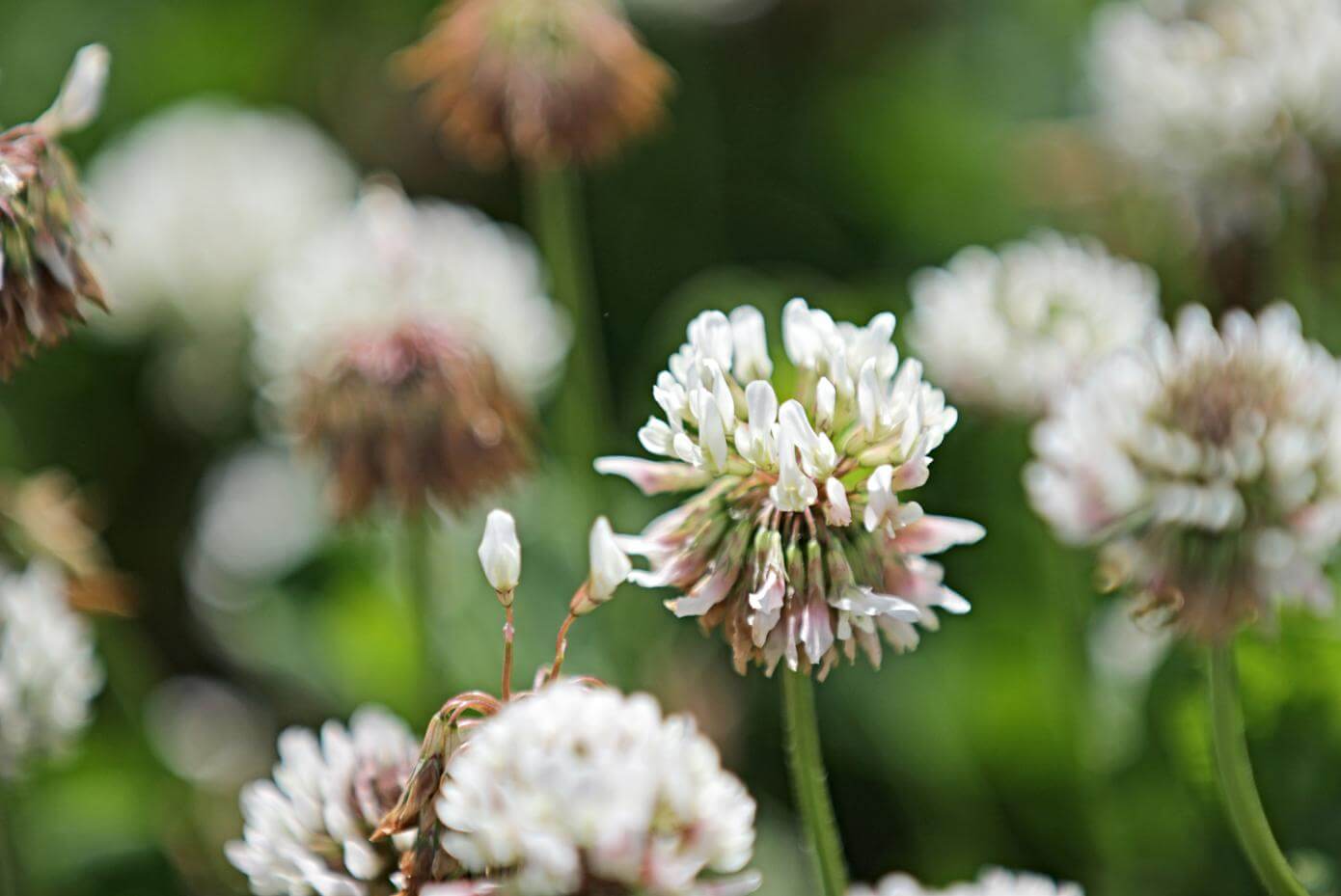It’s Official: Persist Orchardgrass is approved in Canada
After numerous years of testing and a lengthy paperwork registration process, Persist Orchardgrass is now on the approved list of cultivars for Canada.
This is great news for those up North who have wanted access to the variety.
It is also important news for those in the northern U.S., as it represents yet another piece of supporting information as to the value of Persist and its range of performance.
In order to obtain Canadian approval, Persist had to demonstrate that it was indeed an improved variety which was capable of both surviving as well as providing superior tonnage in that climate. For more information, contact us or visit PersistOrchardgrass.com.
Eastern Canada Cumulative Summary for Orchardgrasses
Seeded from 1990-2007
| Cultivars | 2-Yr Mean Annual Yield |
|---|---|
| Persist | 7.36 |
| Kay | 7.32 |
| Baridana | 7.29 |
| Crown Royale | 7.23 |
| Arctic | 7.21 |
| AC Splendor | 7.16 |
| Okay | 7.13 |
| Dactus | 7.13 |
| Glorus | 7.07 |
| Intensiv | 7.01 |
| Niva | 6.97 |
| AC Nordic | 6.89 |
| Okamidori | 6.76 |
| Jay | 6.73 |
| Frode | 6.41 |
| Lidacta | 6.11 |
Hymark Tall Fescue Is Making Its Mark
The University of Kentucky recently published their 2010 Forage Variety Testing Reports. Included in these reports is both hay and grazing data on Hymark Tall Fescue. The data presents the first two years of trials at Lexington and Princeton KY. In summary, Hymark has kept a very high stand (100% cover!) under grazing and has also had very good hay yields.
You can find more information about Hymark at www. smithseed.com. Follow the links to forage tall fescues.
University of Kentucky
Grazing Tolerance Trial
Lexington, KY
|Sown Sept. 11, 2008
| 2009 | 2010 | ||||
|---|---|---|---|---|---|
| Variety | Seedling Vigor | Apr 8 | Oct 12 | Apr 6 | Nov 22 |
| Hymark | 3.8 | 100 | 100 | 100 | 100 |
| Jesup MaxQ | 2.3 | 87 | 89 | 92 | 94 |
| Lsd 0.05 | 0.9 | 5.9 | 4.7 | 3.5 | 2.8 |
University of Kentucky
Hay Trial (Yield in Tons/Acre)
Princeton, KY
|Sown September 29, 2008
| 2009 | 2010 | ||||
|---|---|---|---|---|---|
| Variety | Total | May 18 | June 16 | Total | 2-Yr Total |
| Top Score | 5.89 | 2.24 | 0.54 | 2.55 | 8.53 |
| Hymark | 5.19 | 2.03 | 0.48 | 2.51 | 7.70 |
| KY31 | 5.25 | 1.96 | 0.46 | 2.42 | 7.67 |
| Kentucky 32 | 5.04 | 1.73 | 0.49 | 2.22 | 7.26 |
| Jesup MaxQ | 4.91 | 1.64 | 0.42 | 2.06 | 6.97 |
| Lsd 0.05 | 0.91 | 0.59 | 0.09 | 0.59 | 1.34 |
Great Reasons for Growing Clover
Reason #1 - Lower Nitrogen Fertilizer
Like most legumes, clovers have the ability to obtain nitrogen from the atmosphere and “fix” it in nodules on the roots. The amount of nitrogen fixed varies depending on species, stand density, fertility, weather and the extent to which the clover has been defoliated. However, numerous studies have shown that annual clovers, ladino or white clover, and red clover often fix 60 to 150, 100 to 150, and 150 to 200 lb. per acre per year, respectively. The value of nitrogen fixed by a clover stand in a single year is often several times as much as the cost of planting the clover.
From “Ten Great Reasons for Growing Clover” www.aces.edu/dept/forages/clover.html
